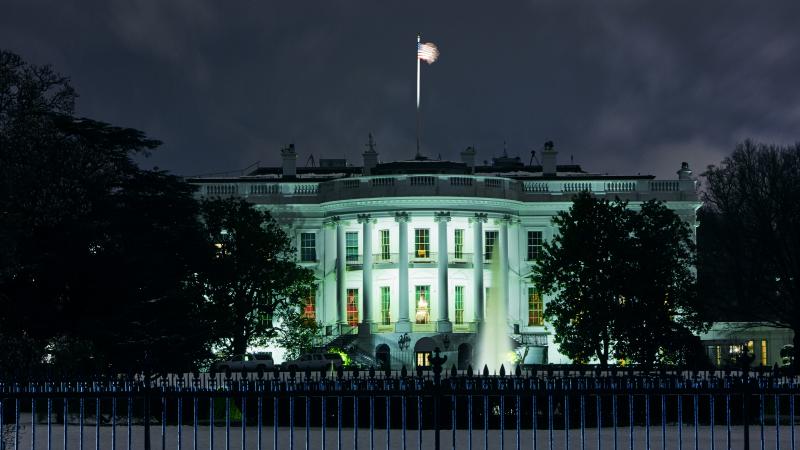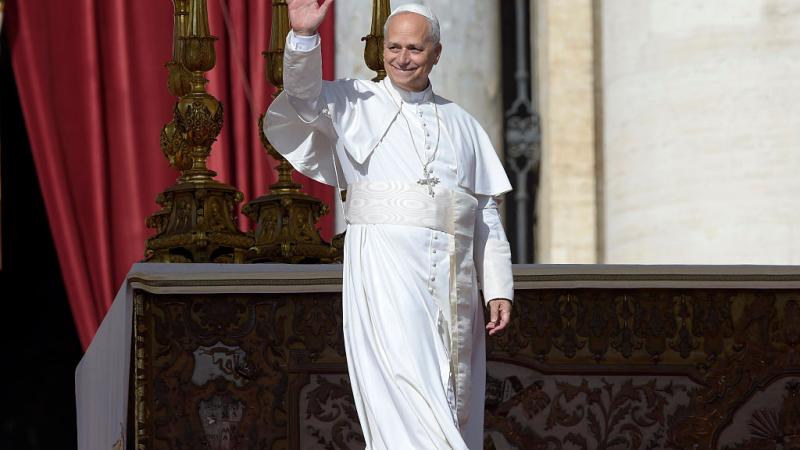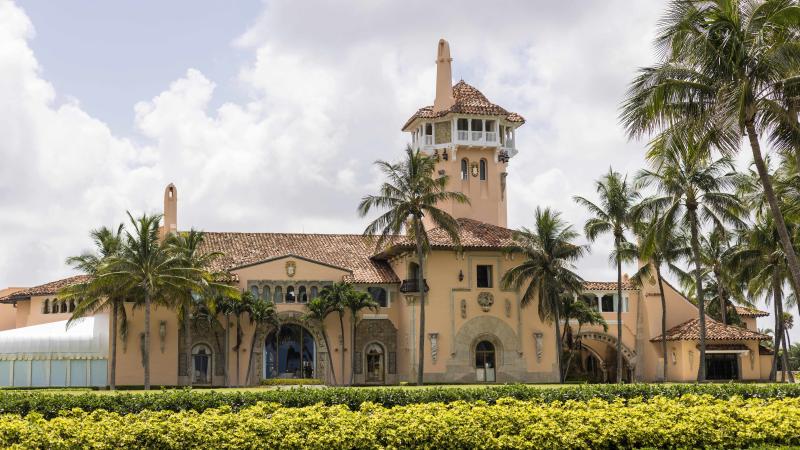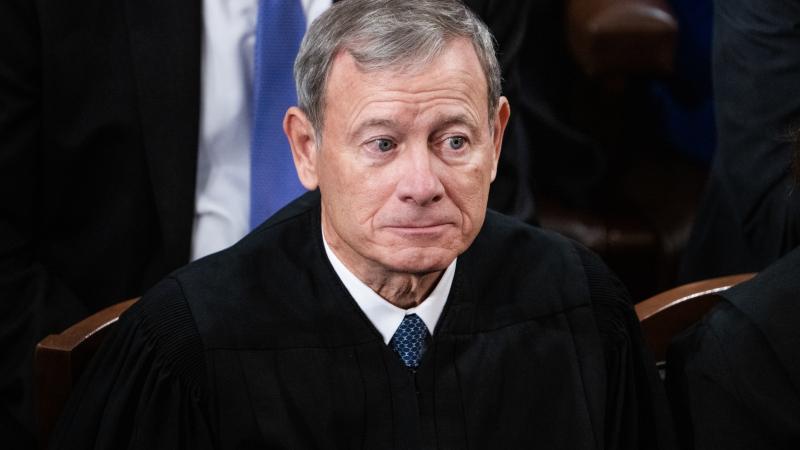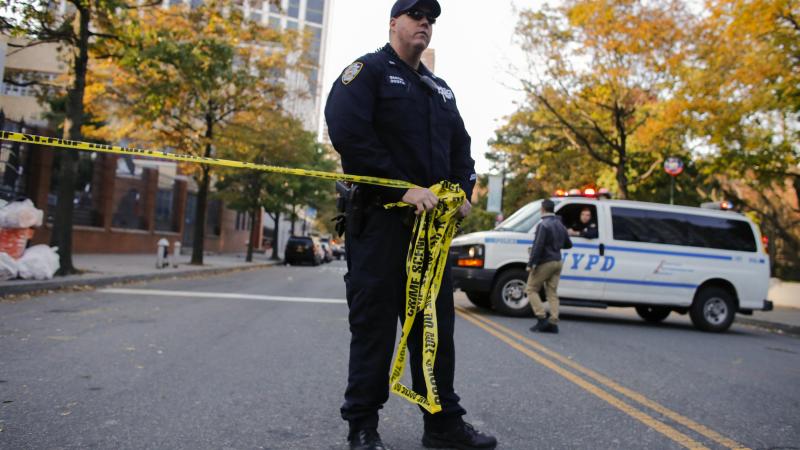Forcing baker to make same-sex wedding cake recreates printing press censorship: scholars to SCOTUS
Former federal appellate judge, heavily cited legal scholar ask SCOTUS to "emphatically cast aside" precedent that stains Scalia's legacy. Texas leads red states against "fact-intensive inquiry" that lets states harass creative professionals.
Thirty-five years ago, Justice Antonin Scalia led a Supreme Court majority to gut the free exercise of religion under the rubric of "neutral" and "generally applicable" law, a decision that most members of the current court "have called into doubt" even as lower courts employ the 1990 Smith precedent "to permit government oppression."
So say a former federal appellate judge, the allegedly fifth-most cited legal scholar of all time and a dozen other First Amendment and antidiscrimination law scholars, who together urge SCOTUS to "emphatically cast aside" Smith in accepting a case whose central question it has repeatedly decided.
They are joined by 16 states and several religious denominations and advocacy groups in supporting Tastries baker Cathy Miller's SCOTUS petition to hear her eight-year legal saga, after the California Supreme Court refused to review an appeals court ruling that overturned a trial ruling in Miller's favor for refusing to design a cake for a same-sex wedding.
The Golden State "has repeatedly compared Cathy’s religious beliefs about marriage to racism," her lawyers at religious liberty law firm Becket said. California made the same comparison when female inmates sued to block its law incarcerating males with them.
The California appeals court distinguished its ruling from SCOTUS precedents in favor of Jack Phillips' Masterpiece Cakeshop and Lorie Smith's 303 Creative, against Colorado's compelled creation of cakes and websites for same-sex weddings respectively, by claiming the cake Miller refused to make "conveyed no particularized message about the nature of marriage."
Miller's petition asks SCOTUS to resolve whether "compelled participation in a ceremony" is banned only when third parties view that participation as "endorsement," if Miller must show "unfettered discretion or categorical exemptions for identical secular conduct" to prove a law is not generally applicable, and if 1990's Smith should remain at all.
Court upholds 'modern-day licensing laws,' decision 'riddled with errors'
"This case is an ideal vehicle for the Court to correct course and align the First Amendment Free Speech and Free Exercise Clauses with their original meaning" and "end state officials’ abuse of public accommodations laws to coerce political orthodoxy over religious objection" by rejecting Smith, the 14 scholars' brief says.
Signatories include former judge Michael McConnell, who served with Neil Gorsuch on the 10th U.S. Circuit Court of Appeals – both nominated by President George W. Bush – before President Trump nominated Gorsuch to SCOTUS. Also rumored at the time as a potential SCOTUS pick, McConnell resigned to run Stanford's Constitutional Law Center.
Other notable names include New York University Law School's Classical Liberal Institute director Richard Epstein, who already had nearly 1,000 published writings when the University of Chicago honored him with a 2018 Festschrift conference, and University of Tennessee Knoxville law professor Glenn Reynolds, better known as Instapundit.
From florists and photographers to calligraphers, creative professionals "must choose between their religion or artistic vocation" under public-accommodation laws – "historically used to combat monopoly power, ensure access to commerce, and protect civil rights" – that condemn their religion, "the scenario the First Amendment was meant to prevent," the brief says.
These "modern-day licensing laws" resemble those passed by the English Parliament of the 16th and 17th centuries "to contain the ‘evils’ of the printing press," requiring preapproval by a government official with wide latitude to suppress works he deemed "heretical, seditious, schismatical, or offensive," the scholars said.
The fact that states are ignoring the "retreat" of SCOTUS from Smith and going beyond weddings is demonstrated by Colorado's second investigation of Phillips, the baker, for refusing to make a gender-transition cake after SCOTUS knocked down his first inquisition for unambiguous religious animus, the brief says.
The California appeals court demonstrated the late Justice Sandra Day O'Connor's observation that judges "know how to mouth the correct legal rules with ironic solemnity while avoiding those rules’ logical consequences," in this case by defining "expression" so narrowly it neuters the First Amendment, according to the scholars.
The appellate decision was "riddled with errors," violating legal procedure by redoing the trial court's work to "intrude on free expression" and botching the factual record to claim against all evidence that Miller's cake "was not artistic enough" to express her religious beliefs. "There is no legally salient difference" between Miller's cakes and Smith's websites.
California reads a nonexistent "third-party endorsement test for compelled speech claims" into SCOTUS precedent, whose "logical end" would mean "the government could regulate the messages communicated by all artists," the brief says, quoting 10th Circuit Chief Judge Timothy Tymkovich's dissent in the 303 Creative ruling SCOTUS overturned.
"[A]rt is not in the eye of the beholder; it is in the mind of the artist," the scholars argue. "Most people do not understand what message Jackson Pollack’s paintings convey, but there is no doubt Pollack understood.
'Factors that are difficult or impossible to predict in advance'
Texas Attorney General Ken Paxton led 16 states in blaming the Smith precedent for "endless wrangling over how many exceptions a law can have and still be considered neutral and generally applicable," letting the California appeals court judge Miller's religious rights by "whether she used a custom fondant or icing on a cake."
When coerced creatives have sued, "their First Amendment freedoms have been subjected to a complex, fact-intensive inquiry that turns on how clearly they expressed themselves and how much customization they offered clients," chilling "especially religiously motivated speech," the 16 AGs wrote.
By not addressing "what types of wedding-related products and services are expressive in nature" in 303 Creative, SCOTUS left the door open to "exactly the type of speech suppression" it denounced, via "factors that are difficult or impossible to predict in advance" or simply denying "certainty" to creative professionals that their expression is protected.
Ignoring "intervening precedents" that reject compelled affirmation of same-sex relationships from Masterpiece through the foster-care case Fulton and 303 Creative, California has prosecuted Miller and Oregon has pursued Melissa Klein's Sweetcakes despite SCOTUS twice vacating the latter's court rulings, the AGs said.
The financial burden of fact-intensive cases "falls disproportionally on religious objectors," requiring "discovery, expert testimony, and multi-day trials simply to establish that a creative work merits First Amendment protection," according to the brief.
The AGs advise SCOTUS to develop "a more predictable test" to resolve cases "at the earliest possible stage and without the need for invasive investigations and costly discovery."
They cited the Arizona Supreme Court upholding custom wedding invitations as "pure speech" because they were "hand-drawn" and "hand-painted," and 8th Circuit protecting videographers from same-sex wedding participation because "the First Amendment is relevant whenever the government compels speech, regardless of who writes the script."
Alabama, Alaska, Arkansas, Florida, Georgia, Idaho, Iowa, Kansas, Louisiana, Mississippi, Missouri, Nebraska, Ohio, South Carolina and West Virginia joined with Texas.
The Congressional Prayer Caucus Foundation, International Conference of Evangelical Chaplain Endorsers, Anglican Church in North America and other religious and "family values" groups asked SCOTUS to make clear this "case is about the marriage event, and the message that the event publishes to the community."
California is "compelling the vendors to associate with, and facilitate, the message of their customers that the vendors find offensive" – a marriage ceremony "rich with expression, both explicit and implicit."
It's like forcing "a Jewish restauranteur [sic] to cater a Muslim gala with the announced purpose of fundraising for Hamas" or banning "a Muslim restaurateur from refusing to host a pro-Israel fundraiser," neither of which objects to Muslims or Jews "per se."
The Facts Inside Our Reporter's Notebook
Videos
Links
- 1990 Smith precedent
- fifth-most cited legal scholar of all time
- Tastries baker Cathy Miller's SCOTUS petition
- California Supreme Court refused to review
- trial ruling in Miller's favor
- Becket
- same comparison when female inmates sued to block its law incarcerating
- 14 scholars' brief
- University of Chicago honored him
- Instapundit
- Justice Sandra Day O'Connor's observation
- Texas Attorney General Ken Paxton led 16 states
- Arizona Supreme Court upholding custom wedding invitations
- 8th Circuit protecting videographers
- Congressional Prayer Caucus Foundation
